
KUALA LUMPUR, June 26, 2025 – President of Wadah Pencerdasan Umat Malaysia (WADAH), Dato’ Haji Ahmad Azam Ab Rahman, underscored the importance of diversity as a divine blessing and a cornerstone for regional unity during his address at the symposium Anchoring ASEAN‘s Future in Shared Wisdom: Empowering Communities for an Inclusive & Sustainable Civilization, themed “Promoting Inclusivity, Fostering Sustainability.”
Speaking before ASEAN delegates from 36 organisations across the region, including Timor Leste, Dato’ Ahmad Azam reflected on ASEAN’s Vision 2045 – a shared future of a resilient, innovative, and dynamic people-centred community. He emphasised that diversity, rather than being a source of division, must be recognised as a creation of God and leveraged for nation-building.
“Diversity is not a curse. It is a blessing. If we are confident in our faith, we can present the true message of Islam – one that accepts and celebrates differences,” he said.
Sharing personal experiences, Dato’ Ahmad Azam recalled his collaborations with people of different faiths – from organising joint initiatives with Buddhist organisations to working alongside political leaders from various backgrounds. He recounted inviting his late friend, Mr. Fan Yu Teng, then Deputy Secretary-General of the DAP, to present a paper on renowned Islamic scholar Buya Hamka in Indonesia, demonstrating how mutual respect and intellectual exchange transcend religious boundaries.
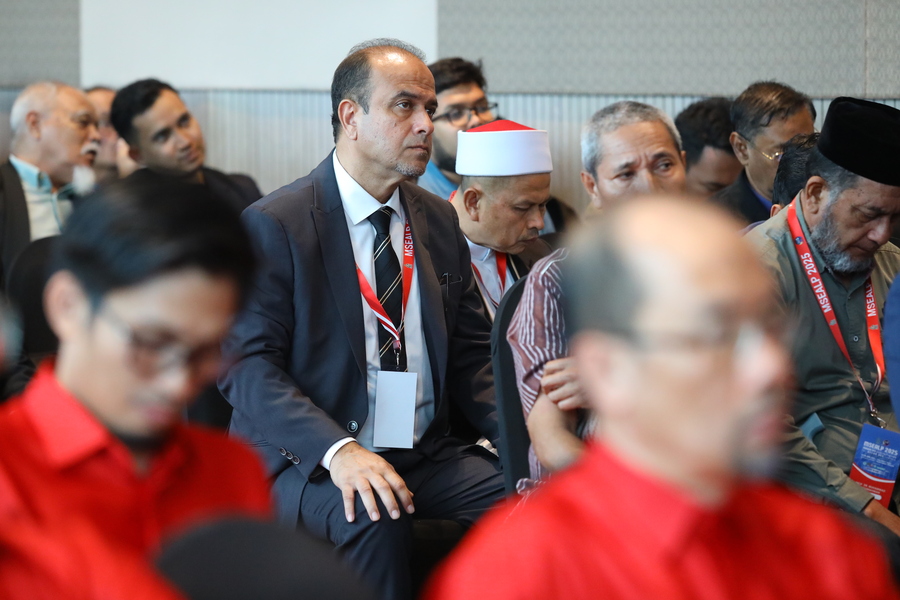
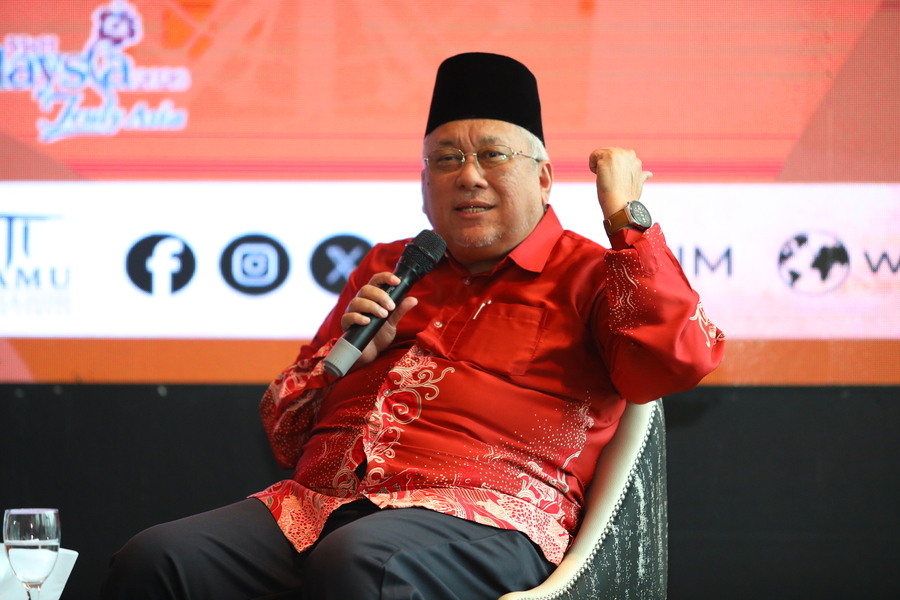
He also narrated a groundbreaking mission to Afghanistan in 2022, where he brought a female Buddhist monk, Reverend Ju Cheng, to engage with the Taliban. Their exchange of prayer beads became a powerful symbol of shared humanity despite religious differences.
Dato’ Ahmad Azam linked these experiences to Malaysia’s Madani framework, rooted in inclusivity and peaceful coexistence, drawing parallels to the Prophet Muhammad’s establishment of the Constitution of Medina. He argued that Malaysia’s multicultural fabric, if harnessed successfully, could serve as a model for other ASEAN nations, where religious minorities face unique challenges.
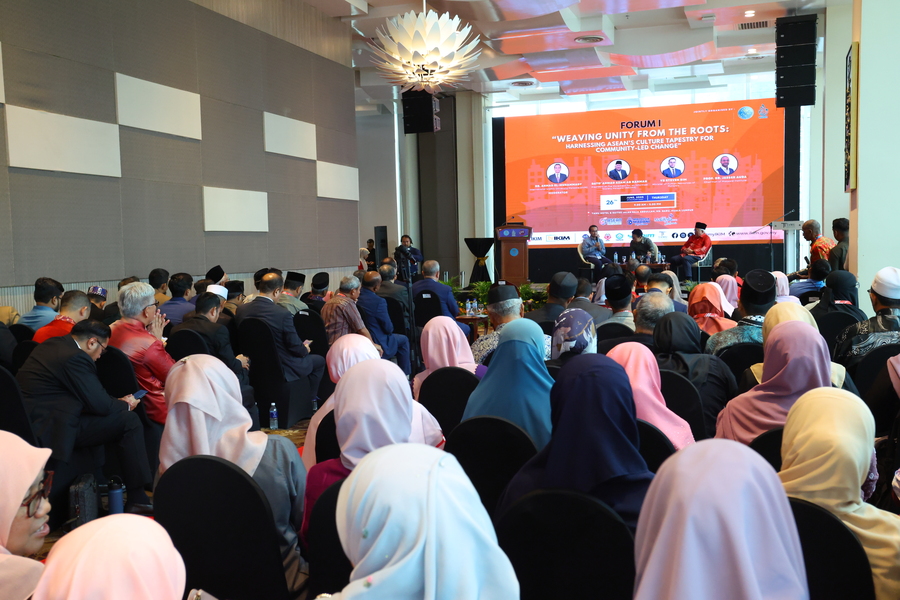
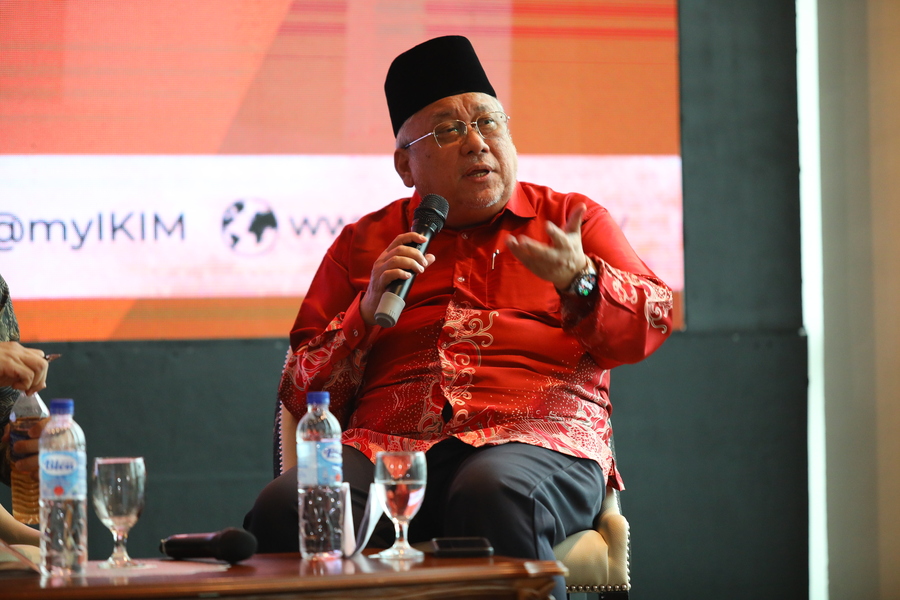
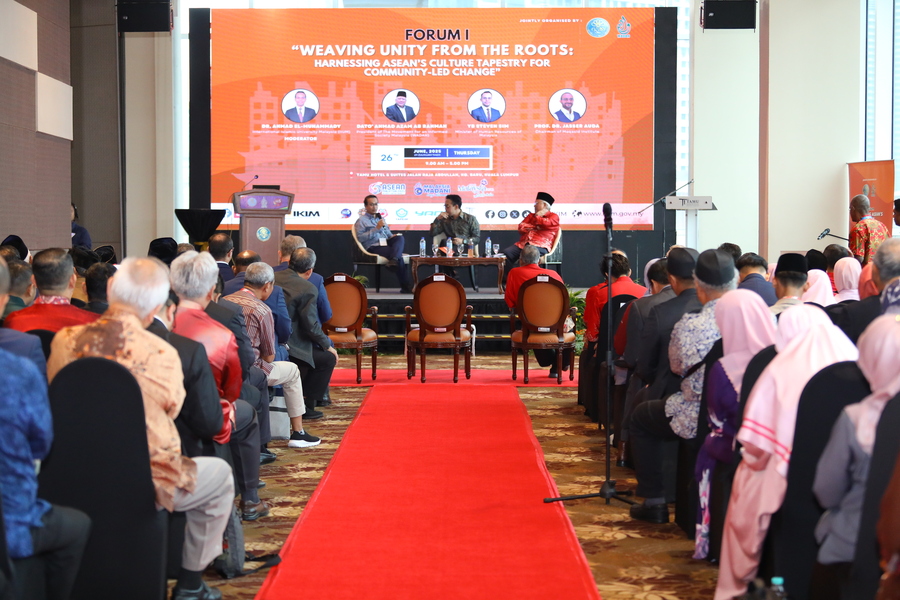

“In Malaysia, we have Muslims, Buddhists, Christians, Hindus, and others living side by side. If we can make this work, it can be emulated across ASEAN,” he asserted.
Highlighting the need for deeper social integration, he called for initiatives that bring young people of all backgrounds together. Referencing the National Service Training Programme (PLKN), he suggested that such platforms could help foster understanding, unity, and mutual respect from a young age.
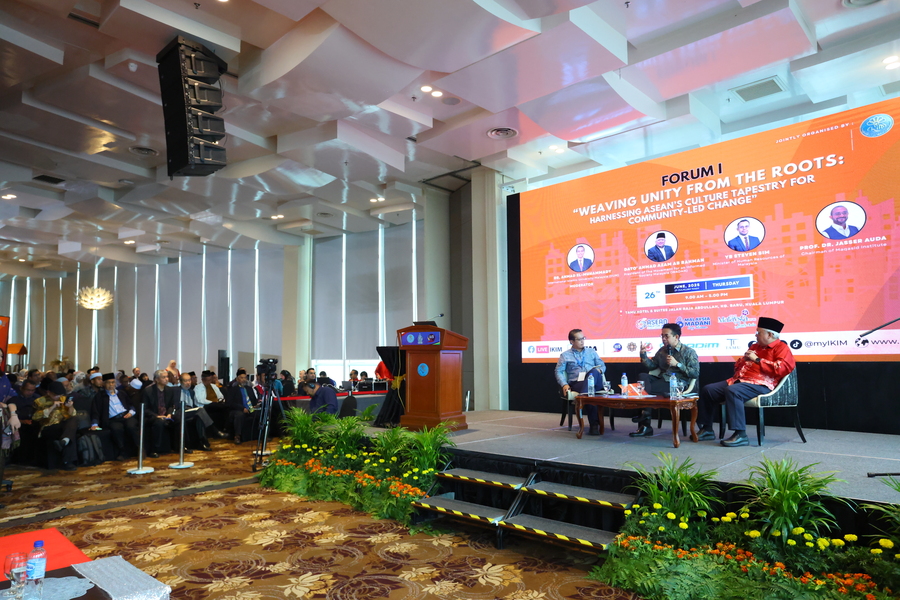
As a concrete step forward, the symposium participants agreed to establish the Madani Center for ASEAN Community Social Innovation and Development (MACASID). This NGO-led platform aims to complement government efforts in promoting social cohesion and realising ASEAN’s 20-year vision.
“MACASID will focus on innovation and development, grounded in the principles of inclusivity and diversity. It is our contribution to making ASEAN’s vision a reality,” he said.
Dato’ Ahmad Azam concluded by expressing confidence that Malaysia, situated at the heart of ASEAN, is well-placed to lead by example in building an inclusive and sustainable regional civilisation.
Full recording of the symposium can be watched here.